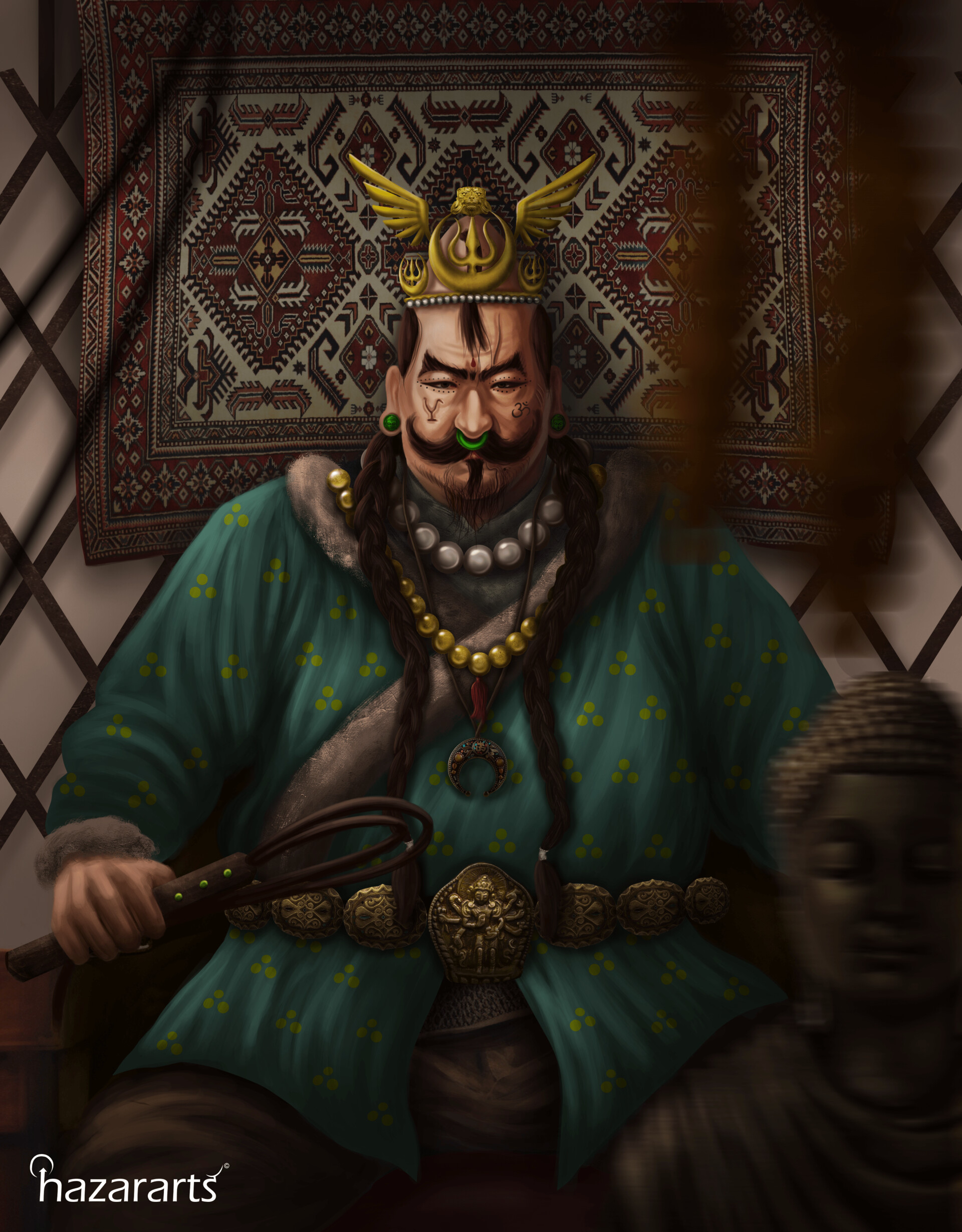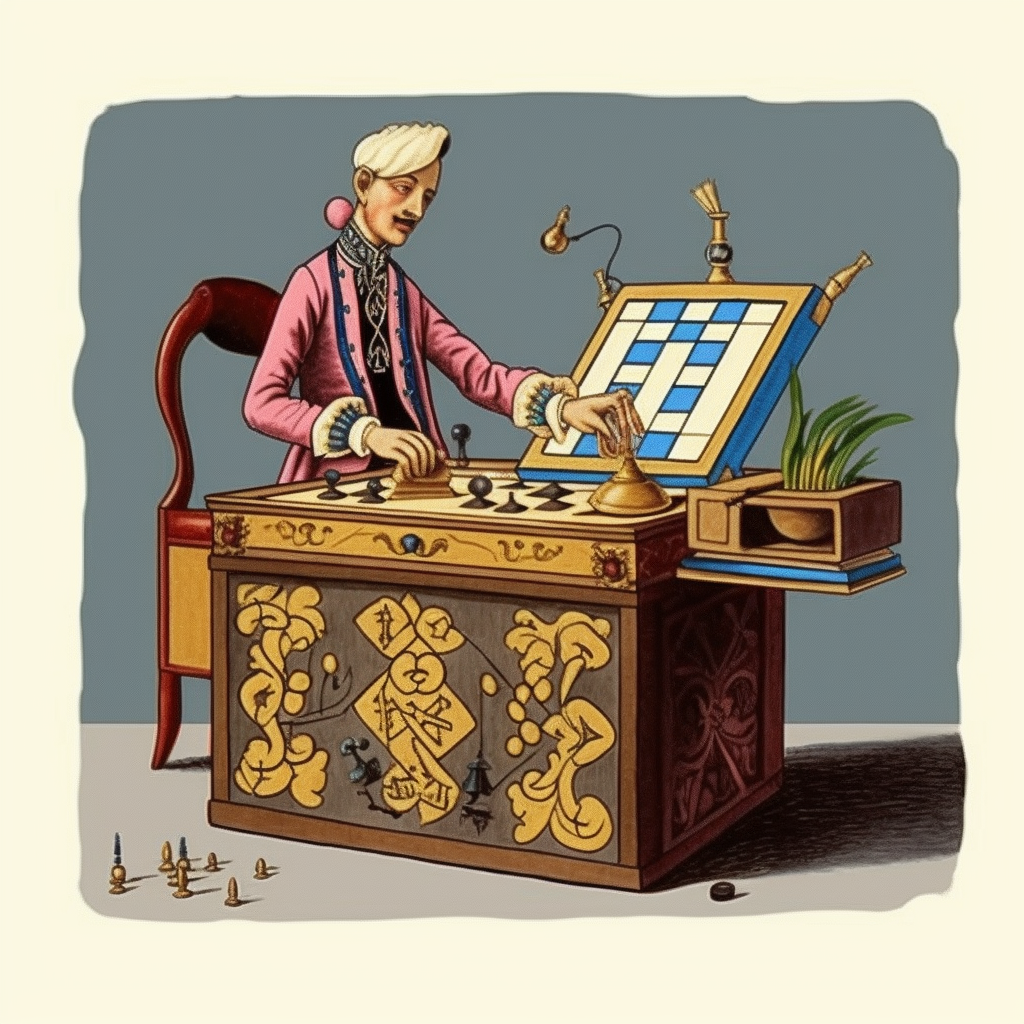Turk Ifsa Sot We - Looking Closer At Identity
Exploring identity can be a fascinating thing, and when we think about what it means to be a "Turk," there are, you know, quite a few layers to peel back. It's not just one simple idea, but rather a collection of thoughts and definitions that have changed over time and depend a lot on who is doing the defining. This idea of "Turk" touches on history, laws, language, and even how people feel about themselves and their place in the world. It’s a very interesting discussion, so it’s something worth looking into, for sure.
When we talk about the word "Turk," it's kind of like looking at a picture with many different brushstrokes. Some strokes come from official documents, like a country's laws, while others come from how people generally use the word in everyday conversations. This mix means that what one person thinks of as a "Turk" might be a little different from what another person imagines. It’s a bit like trying to pin down a cloud, in a way; it shifts and changes depending on your viewpoint, you know?
This conversation about what makes someone a "Turk" is, you know, really important for understanding a big part of the world. It helps us appreciate how diverse groups of people can come together under one big umbrella term, and how that term itself can carry different meanings depending on the situation. It’s a pretty rich topic, and it shows us just how much history and culture can shape the words we use and how we use them, too it's almost a living thing, isn't it?
- How Old Is Rachel Zane In Suits
- Pharrell Williams Triplets Names And Gender
- Rent Vs Buy Nytimes
- What Is The Name Of Mulans Horse
- How Tall Is Renee Rapp
Table of Contents
- What does "Turk" mean, actually?
- How do we see Turkish citizens?
- Is "Turk" about language or location?
- What was their cultural impact, so it's clear?
- A Closer Look at the History of the Word "Turk"
- How many groups make up Turkey, we wonder?
- Different Ways People Define "Turk"
- Who is a Turk in the eyes of the law and us?
What does "Turk" mean, actually?
When you look at the official rules of Turkey, particularly in Article 66 of its main law book, the constitution, it gives a pretty straightforward idea of who counts as a Turk. Basically, if you are a citizen of the Turkish state, then you are considered a Turk, according to this important document. This way of looking at things ties the idea of being a Turk directly to having citizenship, which is, you know, a very clear legal definition, making it quite simple in that respect.
This constitutional statement means that, from a legal point of view, anyone who holds Turkish citizenship, regardless of their family background or where their ancestors came from, is seen as a Turk. It's a broad definition that aims to include everyone who is a part of the country's legal structure. So, it's about being a member of the state, not necessarily about sharing a specific heritage or a particular way of life, though those things might be there too, of course.
How do we see Turkish citizens?
The way the term "Turkish" gets used in legal papers, when it talks about someone who is a citizen of Turkey, often doesn't start with a big letter. It’s a bit like how we might write "french fries" or "dutch oven," where the nationality word isn't always capitalized even though it refers to a place. This little detail shows how the word can be used in a common, everyday sense, even in official contexts, which is, you know, interesting to note.
- Knight Financial Home Loans
- Adriana Chechik Tweets
- Whats The Longest Marriage On Record
- What Color Is Squidward Eyes
- What Is Xrdp
Sometimes, the term "Turk" or "Turkish" can also bring to mind a person who is, like, pretty young and full of energy, someone who really wants to see things change for the better. This kind of person is often looking for new ways to do things and is eager to make a difference in the world around them. It’s a more informal way of thinking about someone who is Turkish, focusing on their spirit and their desire for progress, which is, you know, a very hopeful image.
Is "Turk" about language or location?
When people talk about Turkic peoples, they're generally thinking about various groups whose members speak languages that belong to a particular language family. These languages are part of what's called the Turkic subfamily, which itself is a branch of an even bigger language group known as the Altaic family of languages. So, in this sense, being "Turkic" is really about the language you speak, connecting people across different places through their shared way of talking, which is, you know, a powerful bond.
Interestingly enough, the word "Turk" actually became the official name of a state for the first time with the Gokturk state. This means that the word wasn't just a way to describe people, but it also showed a connection to a specific country or political group. It’s like saying "American" and immediately thinking of the United States; the word became tied to a place and its people, making it, you know, a very important part of their identity as a nation.
What was their cultural impact, so it's clear?
People identified as Turks played a pretty big part in helping to bring ideas and ways of life from Eastern cultures to other parts of the world. They acted, in a way, like bridges between different regions, helping knowledge, art, and traditions move from one place to another. This role in sharing culture shows that their influence went beyond just their own lands, which is, you know, quite a significant contribution to the world's shared heritage.
The term "Turk" was also sometimes used to describe Muslims, particularly in older times. This usage shows how the word could sometimes be connected to a religious identity, not just an ethnic one. It's a historical way of using the word that might not be common today, but it tells us something about how people understood and categorized groups in the past, and that, you know, adds another layer to what the word can mean.
A Closer Look at the History of the Word "Turk"
The earliest times we can actually prove the word "Turk" was used go back to around the 540s CE. This is when scholars from China started to use it. They used it to describe groups of people who moved around a lot, sort of like nomads, and who were, you know, attacking certain areas. So, the word first appears in records as a way to describe these mobile groups of people who were making their presence known in that part of the world.
This early historical mention is, you know, quite important because it gives us a starting point for understanding how the word entered written history. It shows that even back then, the word "Turk" was used to identify certain populations, particularly those who were, you know, on the move and interacting with established societies, which is a pretty interesting beginning for such a widely used term.
How many groups make up Turkey, we wonder?
The main law of Turkey, its constitution, says that the word "Turk," when used as a political term, includes everyone who is a citizen of the Republic of Turkey. This is, you know, a very inclusive idea, because it means that it doesn't matter what your background is, or what your family's history is, or what religion you follow. If you are a citizen, you are a Turk in this political sense, making it a truly broad definition that aims to unite people under one national identity.
Even with this broad definition, it’s thought that there are at least 47 different groups of people, with their own distinct backgrounds, living in Turkey. This shows that while the legal definition of "Turk" is wide, the country itself is, you know, a rich mix of many different cultures and heritages. It’s a place where many different kinds of people live side by side, which is, you know, a pretty vibrant picture of diversity.
Different Ways People Define "Turk"
When you think about it, a Turk can be someone who was born in Turkey or who lives there now. It can also mean a person who has family roots in Turkey, even if they don't live there themselves. This way of looking at it connects the idea of being a Turk to either your place of birth, your current home, or your family's past, which is, you know, a pretty common way people think about national identity.
The word "Turk" can also refer to someone who is part of the larger group of Turkic peoples, and most often, this means the people who are known as the Turkish people. So, it can be a broader term for a collection of related groups, but it often points specifically to the main group associated with Turkey itself. It’s a bit like saying "European" versus "French," where one is a larger group and the other is a more specific one, you know?
A Turk is, in a very simple way, a citizen of Turkey. Or, you know, they can be someone who comes from Turkish origins. This idea is also supported by dictionaries, like the Collins Cobuild Advanced Learner’s Dictionary, which gives these straightforward definitions. So, whether it’s about your legal status or your family's background, these are some of the main ways people describe what it means to be a Turk, which is, you know, pretty clear.
Who is a Turk in the eyes of the law and us?
Again, the main law of Turkey, in its Article 66, clearly states that a Turk is anyone who has citizenship there. This particular point is, you know, a very strong foundation for how the country defines its own people. It puts the emphasis squarely on being a part of the nation through legal means, which is a very practical way to draw the lines of national identity.
So, when we consider what "Turk" means, we can see it’s a word with a lot of different uses and understandings. It can be about a country’s laws, about a person’s family history, or about the language they speak. It’s, you know, a rather rich and varied term, reflecting a long history and many different ways of life.

The Greatest Turk on Behance

ArtStation - Turk Shahi concept art: Barha Tegin

How a Mechanical Chess-Playing Turk gave Birth to the AI Debate 250